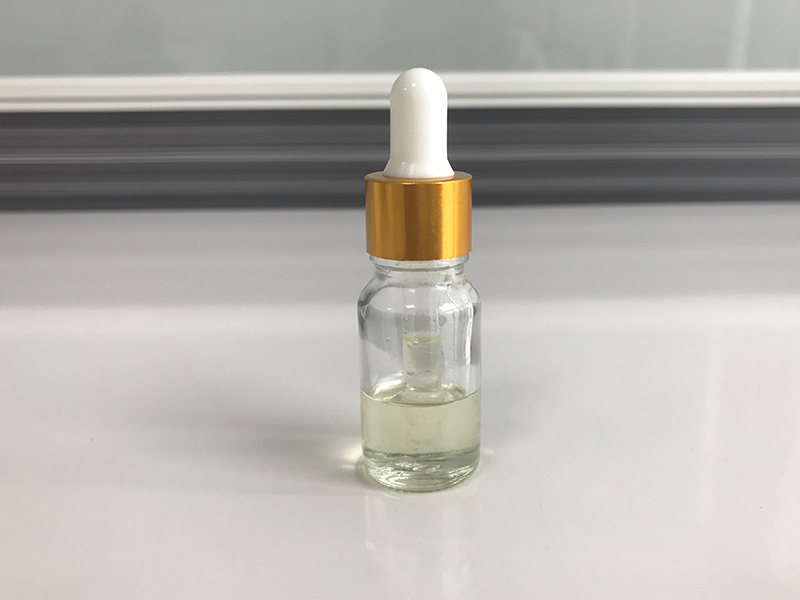Jojoba oil is a popular natural oil extracted from the seeds of the jojoba plant (Simmondsia chinensis). It’s renowned for its versatility and benefits for skin and hair. Here’s a breakdown of its effectiveness, side effects, and special considerations:
Effectiveness of Jojoba Oil:
- Moisturizing: Jojoba oil closely resembles the natural sebum produced by the skin, making it an excellent moisturizer. It’s easily absorbed and helps to balance oil production, making it suitable for both dry and oily skin types.
- Skin Health: Rich in vitamins E and B-complex, as well as minerals like zinc and copper, jojoba oil nourishes and protects the skin. It’s often used to soothe various skin conditions such as eczema, psoriasis, and acne.
- Hair Care: Jojoba oil is beneficial for hair health. It moisturizes the scalp, helps control dandruff, and promotes hair growth by nourishing the follicles. It can also add shine and softness to hair strands.
- Makeup Remover: Its gentle nature makes it an effective makeup remover, particularly for waterproof makeup. It dissolves makeup without stripping the skin of its natural oils.
- Anti-inflammatory Properties: Jojoba oil contains compounds like myristic acid, which have anti-inflammatory properties. This can help soothe irritated skin and reduce redness.

Side Effects of Jojoba Oil:
- Allergic Reactions: While jojoba oil is generally considered safe for most people, some individuals may experience allergic reactions. It’s always recommended to do a patch test before using it extensively, especially if you have sensitive skin.
- Acne: Although jojoba oil is non-comedogenic (meaning it doesn’t clog pores), it may not be suitable for everyone, especially if you’re prone to acne. Some people find that it exacerbates their acne, so it’s best to monitor how your skin reacts.
Special Considerations of Jojoba Oil:
- Purity: When purchasing jojoba oil, opt for cold-pressed, unrefined oil to ensure maximum benefits. Refined oils may have fewer nutrients and may be less effective.
- Storage: Like many natural oils, jojoba oil is sensitive to light and heat, which can cause it to degrade. Store it in a cool, dark place to maintain its quality.
- Usage: Jojoba oil can be used directly on the skin or hair, or it can be added to other skincare or haircare products like moisturizers, serums, or conditioners. It’s versatile and blends well with other oils and ingredients.
- Consultation: If you have any specific skin conditions or concerns, it’s always a good idea to consult with a dermatologist before incorporating jojoba oil into your routine, especially if you’re unsure about how it might interact with your skin or any existing products you’re using.

Overall, jojoba oil is a versatile and effective natural oil with numerous benefits for skin and hair, but it’s essential to be mindful of individual reactions and preferences when incorporating it into your routine.
